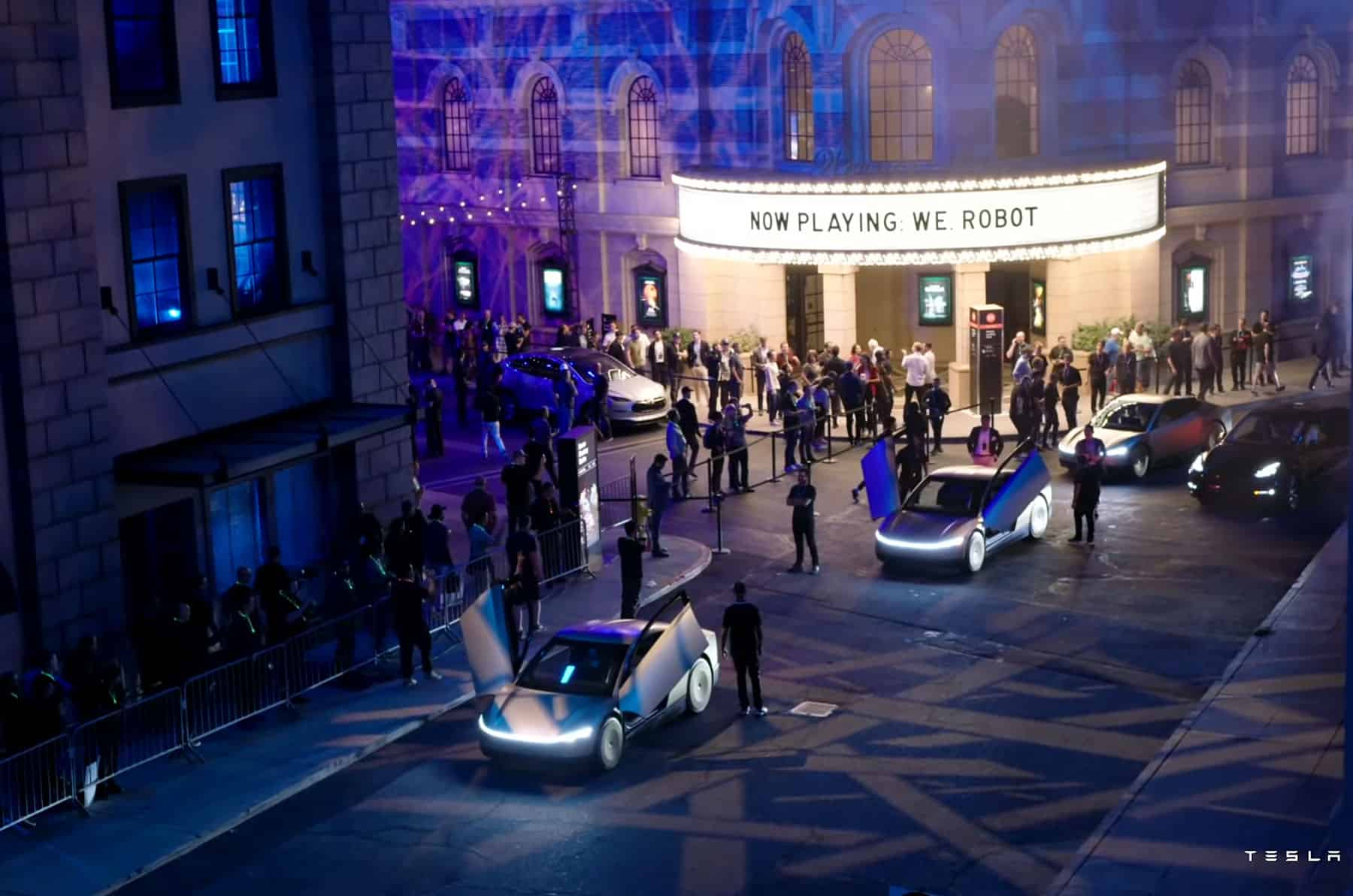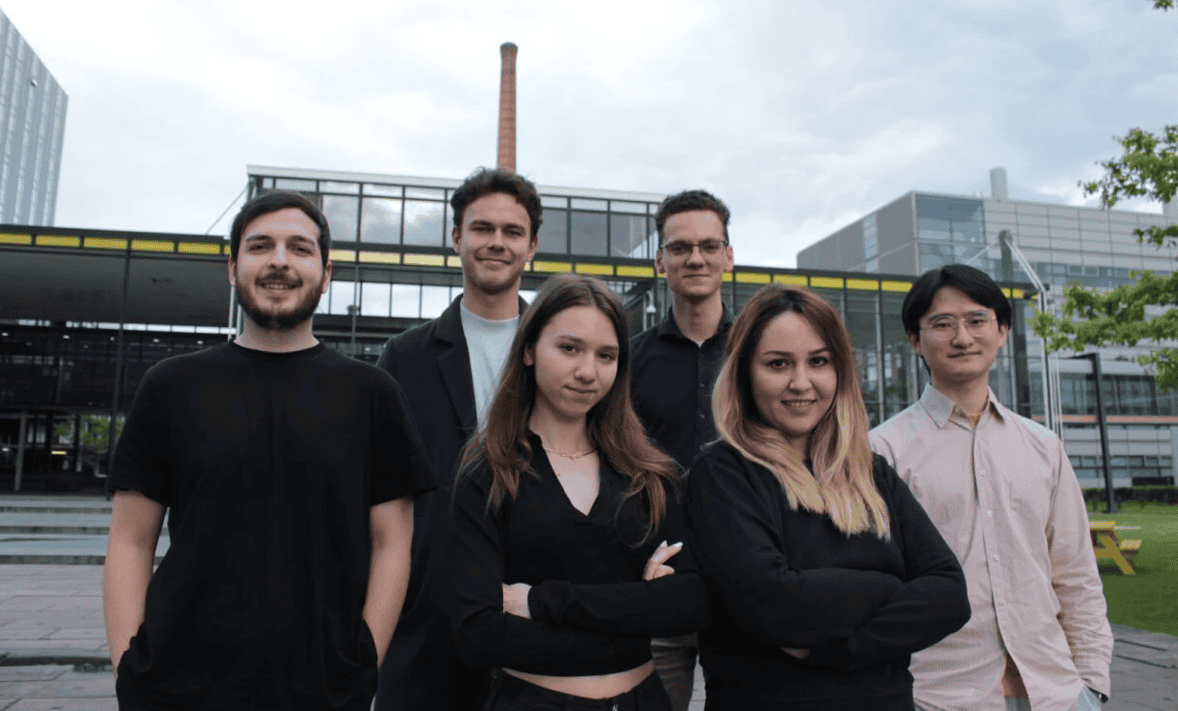
In a weekly column, written alternately by Maarten Steinbuch, Mary Fiers, Carlo van de Weijer, Lucien Engelen, Tessie Hartjes and Auke Hoekstra, Innovation Origins tries to find out what the future will look like. The six columnists, occasionally supplemented with guest bloggers, are all working in their own way on solutions to the problems of our time. So that tomorrow will be better. This Sunday, it is Lucien Engelen’s turn, about a new “One More Thing” moment. Here are all previous episodes.
One more thing…
It has been a long time since we really had a ‘Steve Jobs moment’, in my opinion. Sure we had new phones that are better, faster, smaller and with impressive screens. Also, the new series Apple Watches with a bigger screen, smaller bezels, less thick and new processors are fantastic improvements. The announcement that the new watch will be able to detect a fall, including sending out calls to your family if you don’t react within a certain period, and worst case to the emergency centre: it’s a great achievement in itself. Before this, people needed special devices combined with special services, now one can do this with their (smart)Watch.
To me, however, the ability to detect low heart rate, next to a feature that will include a-fib detection (atrium fibrillation) ánd the ability to take an ECG (ElectroCardioGram) in a piece of software that has been FDA approved was the real One-More-Thing-moment.
As someone who works in healthcare, and working in innovation, this was something we’ve seen coming for long and was depicted by some of us as “Winter is coming” (referring to that excellent series and the similarity to how healthcare, in general, reflects the current developments).
I was one of the first in Europe (if not the first) to have an Alivecore device (now called Kardia) given to me by its creator, the Houston Cardiologist Dave Albert. A small strip attached to the rear of my iPhone, able to run a two lead ECG, that gradually got more features, much research being conducted by others with it, and at the end FDA approval. Next, they created the Kardia band with the sensor for the Apple Watch, and we easily could see this being integrated into the Watch at one point in time. That happened this week. Next to Alivecore now this colossal tech titan offering an app combined with integrated hardware at scale, with the ability to do all of those things and making this a commodity.
Sure, there are questions to be asked. Will this increase healthcare demand by people rushing to the Doc, or will it actually decrease the healthcare burden due to the “nothing’s wrong” message or preventing life-events happening.
One way or the other, this clearly signals again the paradigm shift that healthcare is facing, where new players enter the arena, business models will be overhauled, and patients (citizens) will own more data themselves that will be turned into actionable information than ever.
Exciting times.








